Health
32 Nurse Jokes Guaranteed to Make You Laugh So Hard Your Stitches Come Out

Who doesn’t love nurses? They put us at ease when we’re anxious or nervous, explain complicated health information in terms we can understand, guide us through difficult situations and so much more. Another great thing about nurses? They tend to have an amazing sense of humor — and they’re not squeamish! That means when it comes to nurse jokes, you never know what you’re going to get!
What are nurse jokes?
Nurses can come across as no-nonsense, but most of them appreciate a funny moment or two — and having a good sense of humor can make them better at their job, according to a study in the International Journal of Nursing Studies. In the study, when nurses used humor on the job, it helped them deal with difficult situations and patients, brought them closer to their patients and made patients feel more calm.
And laughter has benefits for all of us. So we rounded up our favorite nurse jokes, with a bit of doctor’s office humor thrown in. Prepare to laugh so hard your stitches come out!
Internally funny
Q: What’s the difference between an oral thermometer and a rectal thermometer?
A: The taste.
Q: Why didn’t one nurse find the other nurse’s joke funny?
A: She had an irony deficiency.
Bloody funny
Q. How did the nurse reply when asked, “Does an apple a day really keep the doctor away?”
A: “Yes, if you can aim it right.”
Q: Why do nurses need a red crayon?
A: So they can draw blood!
Q: What did the blood donor say to the nurse?
A: “I feel super tired; it is such a draining process.”
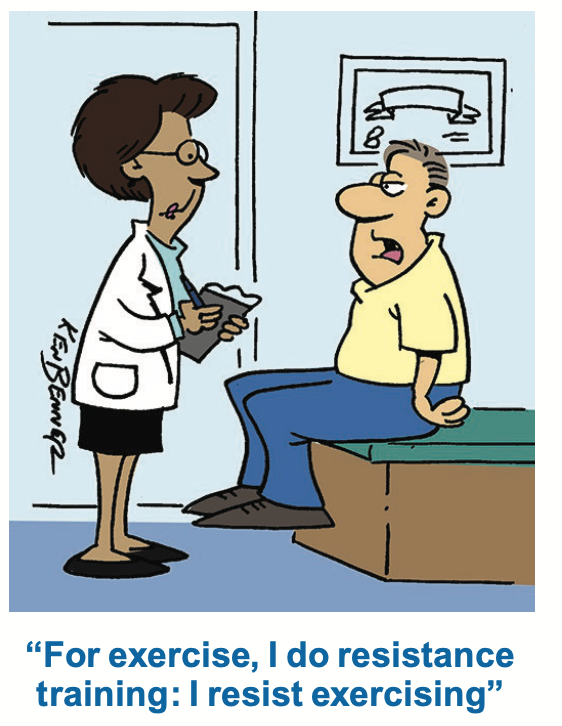
Page the doctor!
Q: What did the banana say to the nurse?
A: I’m here to see the doctor. I am not peeling well.
Q: What did the nurse say when the doctor decided to stay home?
A: “Suture self!”
Q: Why did the robot ask the nurse to call the doctor immediately?
A: Because it had a virus.
Q: What did Dracula say to the nurse?
A: Please call the doctor. I can’t stop coffin.
Q: Did you hear about the two podiatrists who left the practice?
A: They became arch enemies.
Q. What did the balloon say to the nurse during a routine check-up?
A: “I feel light-headed.”

Needle humor
Q: What did the senior nurse say to the young nurse about to give his first injection?
A: “Just give it your best shot.”
Q: What do you tell a nurse when she administers an injection painlessly?
A: Good jab.
Q: What did the nurse say to the rocket ship?
A: “It’s time for your booster shot.”
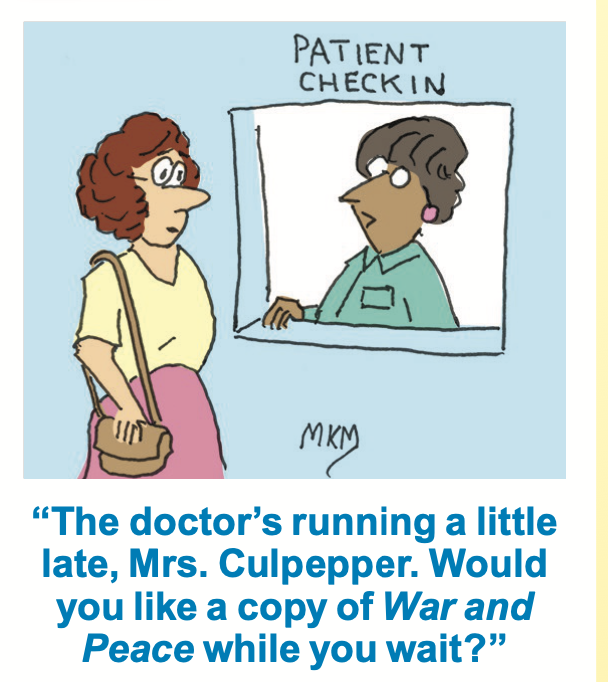
Nurses in the real world
Q: Why are nurses afraid of the outdoors?
A: Too much poison IV.
Q: When is the worst time to have a heart attack around a nurse?
A: During a game of charades!

When nurses get emotional
Q: Why should you never upset a pediatric nurse?
A: Because they have very little patients.
Q: Why was the nurse angry?
A: She ran out of patients.

Hospital humor
Q: What do transplant nurses hate?
A: Rejection.
Q: Why does the infectious disease ward at the hospital have the fastest Wi-Fi?
A: Because it has all the hot spots.
Q: What did the nurse say to the tonsil?
A: You should get dressed, because the doctor is going to take you out.
Q: Why are night nurses such bad dancers?
A: Their circadian rhythm is generally off.
Q: What did the patient say when the nurse informed him that he had acute appendix?
A: “Compared to whom?”
Q: What did the cookie say to the nurse?
A. I feel crumby
For more jokes click the links below!
The 28 Best Dad Jokes To Celebrate Father’s Day With Laughter
30 Hilarious Puns to Enjoy on International Joke Day
21 Funny Signs Guaranteed to Make You Laugh Out Loud
15 Silly Wild Animal Photos That Will Make You Laugh Like a Hyena

Health
Your July 2024 Horoscope: Zodiac Sign Monthly Forecast | Woman's World

Sign Up
Create a free account to access exclusive content, play games, solve puzzles, test your pop-culture knowledge and receive special offers.
Already have an account? Login
Forgot your password?
Get back to the Sign In
Use left and right arrow keys to navigate between menu items.
Use escape to exit the menu.
Health
Childhood medical myths debunked as experts weigh in on 5 common warnings
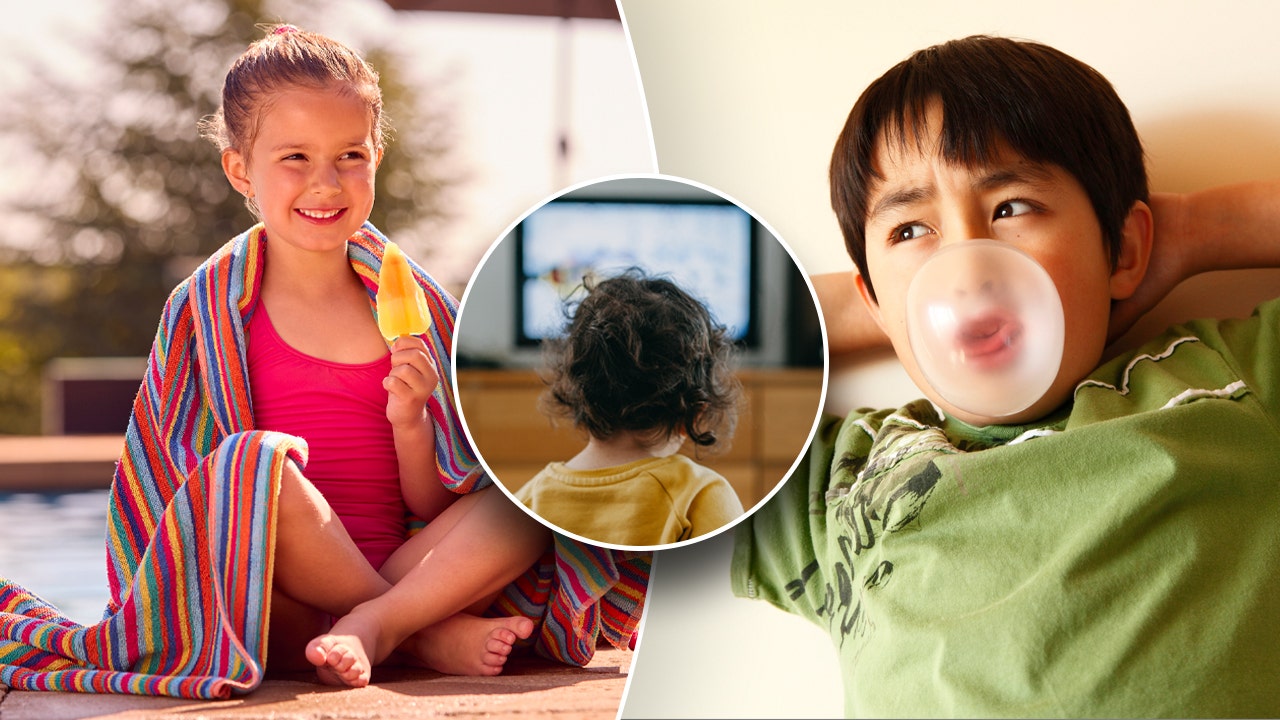
Mothers might know best, but it’s not always easy to separate fact from fiction when it comes to health advice.
A new report from University of California San Francisco (UCSF) Health has broken down several common wellness myths that children often hear while growing up.
Fox News Digital spoke with experts who revealed the truth behind common medical misconceptions.
PSYCHOLOGISTS REVEAL 7 WAYS PARENTS CAN DRIVE HAPPINESS BY HELPING KIDS FIND THEIR PURPOSE
Here are five.
Myth 1. Ginger ale relieves stomach aches
While actual ginger can help ease a stomach ache, most commercial ginger ales don’t actually contain the real thing, Michelle Jaelin, a registered dietitian practicing in Ontario, Canada, told Fox News Digital.
A new report from University of California San Francisco (UCSF) Health reveals the truth about several common wellness myths that children often hear while growing up. (iStock)
This childhood myth persists as parents give ginger ale to children because it’s sweet and bubbly, she said.
“It makes parents feel better that they are doing something for their child when they aren’t feeling well, and the myth persisted as a drink that helps a stomach ache,” Jaelin said.
The carbonated beverages could actually make the stomach pain even worse by increasing gas in the digestive tract, according to Healthline’s website.
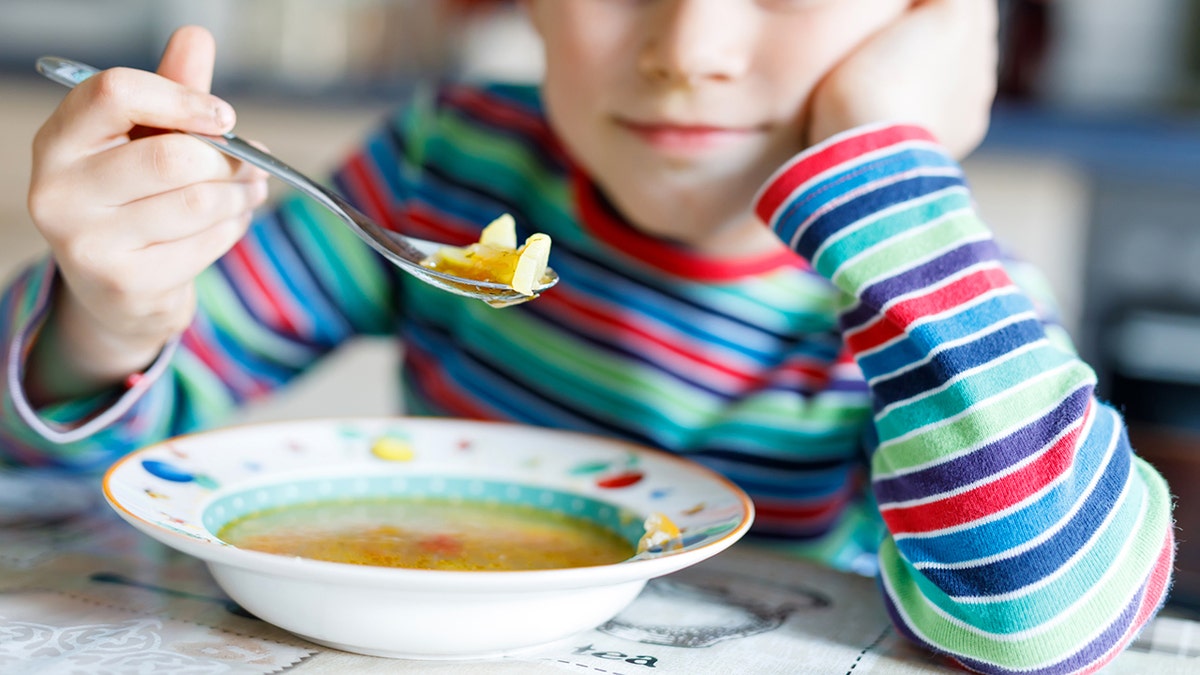
Chicken soup has been viewed as a popular cold remedy since at least the 12th century, according to the National Institutes of Health (NIH). (iStock)
Drinks with real ginger also tend to contain excess added sugar, experts said – essentially the equivalent of soda that may worsen stomach pain.
Myth 2. Gum stays in your stomach for seven years
“Swallowed gum does not stay in your stomach for [seven] years, as the myths suggest,” Su-Nui Escobar, a registered dietitian based in Miami, Florida, told Fox News Digital.
“While swallowing gum is not recommended, if you do so accidentally, you will likely pass it like any other indigestible food.”
ASK A DOCTOR: ‘IS IT DANGEROUS TO SWALLOW GUM?’
The gum will pass through the stomach within two hours and be excreted in the stool after approximately two to five days, just like other foods, according to the recent UCSF report.
Although chewing gum can stick to many surfaces — including walls or desks — it travels mostly intact through the gastrointestinal tract without sticking to the intestinal walls, the report notes.

“Swallowed gum does not stay in your stomach for [seven] years, as the myths suggest,” an expert told Fox News Digital. (iStock)
But experts still caution against children swallowing gum, because substantial amounts might cause an intestinal blockage, Escobar warned.
This is a particular concern among children who have underlying constipation, according to Mayo Clinic’s website.
“If you suspect a blockage, seek immediate medical attention,” Escobar advised.
Myth 3. You shouldn’t swim for 30 minutes after eating
As summer kicks into high gear, there is good news for any swimmer itching to get in the water after lunch. Yes, it is usually OK to swim right after you eat.
The myth that you shouldn’t swim immediately after eating stems from a theoretical concern that blood flow will be diverted away from the arms and legs to help digest food, potentially leading to an increased risk of drowning.
“Based on current research, eating before swimming is not affiliated with a risk of drowning, and can be dismissed as a myth.”
But a comprehensive American Red Cross scientific review on the effects of eating before swimming showed no effect on performance in the water after a meal.
“A recent literature review did not provide any information related to an increased risk of drowning due to consuming food before swimming,” Jodi Jensen, PhD, member of the American Red Cross Scientific Advisory Council in Virginia, told Fox News Digital.
AS DROWNING DEATHS INCREASE, EXPERTS OFFER WATER SAFETY TIPS
“There is no supporting evidence from a major medical or safety organization that recommends refraining from eating before engaging in aquatic activities such as swimming,” added Jensen, who is also an assistant professor and aquatics director at Hampton University in Hampton, Virginia.

“There is no supporting evidence from a major medical or safety organization that recommends refraining from eating before engaging in aquatic activities such as swimming,” an expert told Fox News Digital. (iStock)
“Based on current research, eating before swimming is not affiliated with a risk of drowning, and can be dismissed as a myth.”
Although study participants experienced “minimal” side effects at different time intervals after eating, some outside experts do recommend waiting a bit after a meal if you plan to swim laps or compete to avoid any stomach cramping or digestive issues.
Myth 4. Chicken soup cures a cold
Chicken soup has been viewed as a popular cold remedy since at least the 12th century, according to the National Institutes of Health (NIH).
ASK A DOCTOR: ‘DOES CHICKEN SOUP REALLY HELP CURE A COLD?’
“Chicken soup is warm and comforting when you’re sick, but it’s not a cure,” Jaelin told Fox News Digital.
“Chicken soup is warm and comforting when you’re sick, but it’s not a cure.”
“Drinking any hot broth when your sinuses are stuffed can help to clear them out.”
The steam from the chicken broth may relieve a sore throat and congested sinuses, the NIH noted.
For more Health articles, visit www.foxnews/health.
When battling a cold, get plenty of clear fluids to help regulate body temperature and promote improved immune system function, said Jaelin.
“Chicken soup counts toward overall fluid intake,” she added.
It also helps prevent dehydration and clear out mucus, the NIH noted.
Myth 5. You will ruin your eyes if you sit too close to the TV
Sitting too close to the TV will not damage your eyes, though it may cause eye strain, according to the American Academy of Ophthalmology.
NEBRASKA BABY BORN WITH CATARACTS HAS 3 EYE SURGERIES TO SAVE HER SIGHT: ‘I JUST KEPT PRAYING’
To prevent eye strain while watching television, experts recommend keeping the room well-lit and taking occasional breaks from the screen.
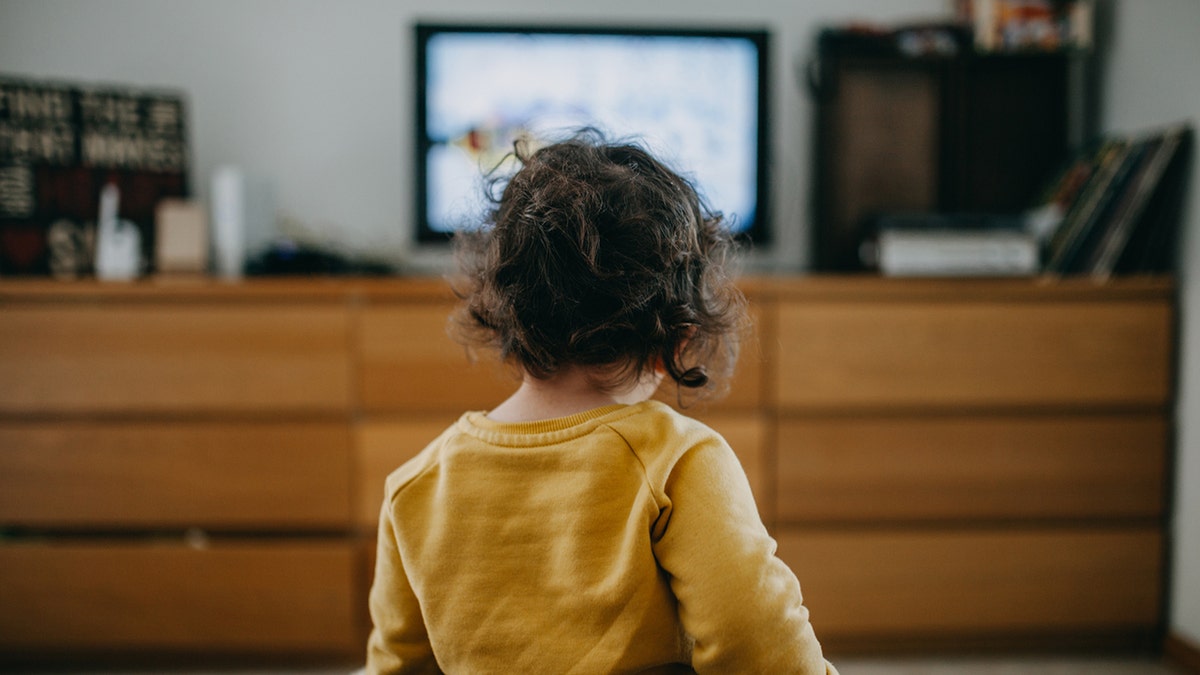
Sitting too close to the television will not damage your eyes, but may cause eye strain, according to the American Academy of Ophthalmology. (iStock)
“Children can focus at very close distances better than adults, and may not develop the same eye strain symptoms,” Nishika Reddy, M.D., assistant professor of ophthalmology at Moran Eye Center’s Midvalley Health Center at University of Utah in Murray, Utah, told Fox News Digital.
CLICK HERE TO SIGN UP FOR OUR HEALTH NEWSLETTER
It may be a red flag, though, if children are watching television too closely, experts warned.
The behavior may indicate an underlying vision issue that should be addressed, the UCSF report noted.
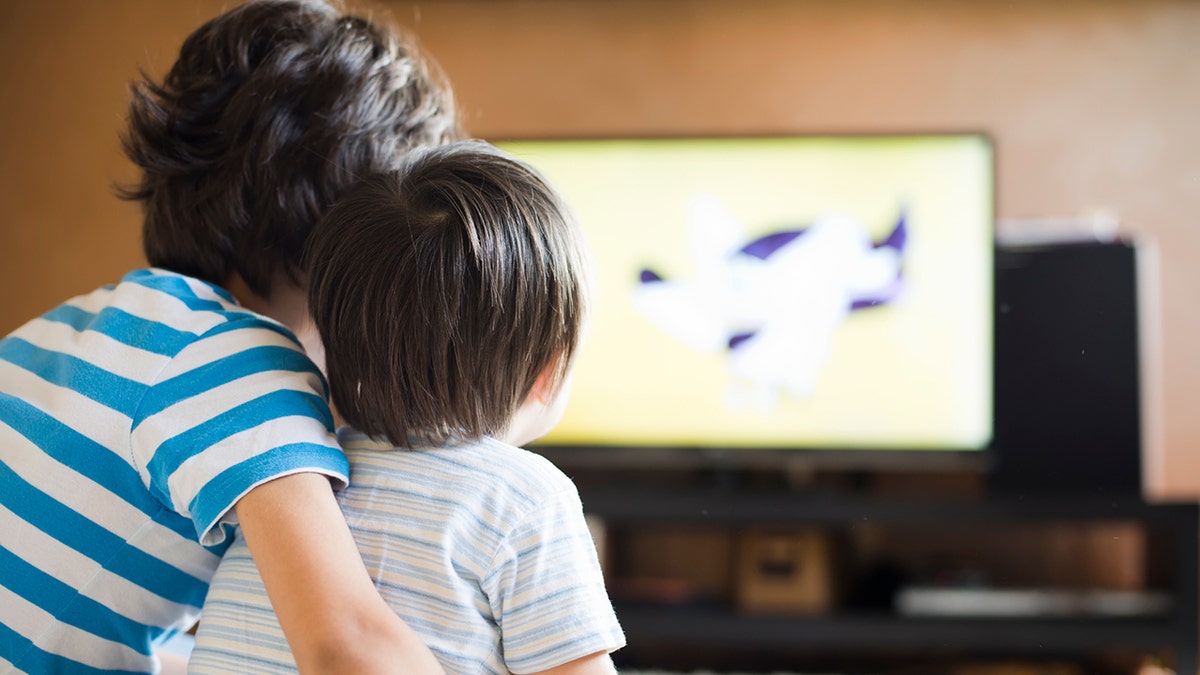
The American Academy of Pediatrics says high-quality digital media can be introduced to children between 18 and 24 months of age (only when supervised by parents or caregivers). The academy also recommends limiting screen time to one hour a day for children ages 2 to 5. (iStock)
“See an eye care provider to perform an eye exam for your child,” Reddy recommended.
A more concerning issue is the indirect effect of too much screen time, according to the report.
Although experts say there is no one-size-fits-all guideline when it comes to children and screen time, the American Academy of Pediatrics says high-quality digital media can be introduced to children between 18 and 24 months of age (only when supervised by parents or caregivers).
The academy also recommends limiting screen time to one hour a day for children ages 2 to 5.
Fox News Digital reached out to UCSF for additional comment about its new study.
Health
The Anti-Inflammatory and Mediterranean Diets: Two Immune System-Boosting Diets That Don't Skimp on Flavor | Woman's World

Sign Up
Create a free account to access exclusive content, play games, solve puzzles, test your pop-culture knowledge and receive special offers.
Already have an account? Login
Forgot your password?
Get back to the Sign In
Use left and right arrow keys to navigate between menu items.
Use escape to exit the menu.
-

 News1 week ago
News1 week agoNYC pastor is sentenced to 9 years for fraud, including taking a single mom's $90,000
-

 News1 week ago
News1 week agoRead the Ruling by the Virginia Court of Appeals
-

 News7 days ago
News7 days agoTracking a Single Day at the National Domestic Violence Hotline
-

 Politics1 week ago
Politics1 week agoTrump classified docs judge to weigh alleged 'unlawful' appointment of Special Counsel Jack Smith
-

 News7 days ago
News7 days agoSupreme Court upholds law barring domestic abusers from owning guns in major Second Amendment ruling | CNN Politics
-

 Crypto1 week ago
Crypto1 week agoFactors Driving the Evolution of Cryptocurrency Markets
-

 Politics7 days ago
Politics7 days agoSupreme Court upholds federal gun ban for those under domestic violence restraining orders
-

 News1 week ago
News1 week agoOpinion: Extreme heat kills. What the US can do to protect the most vulnerable | CNN














